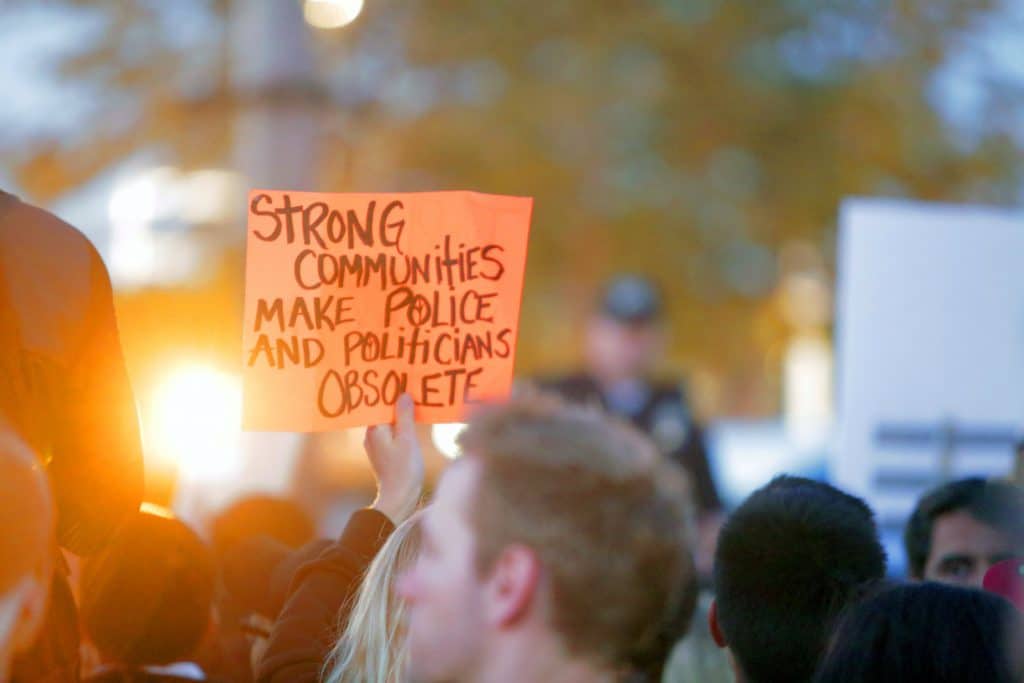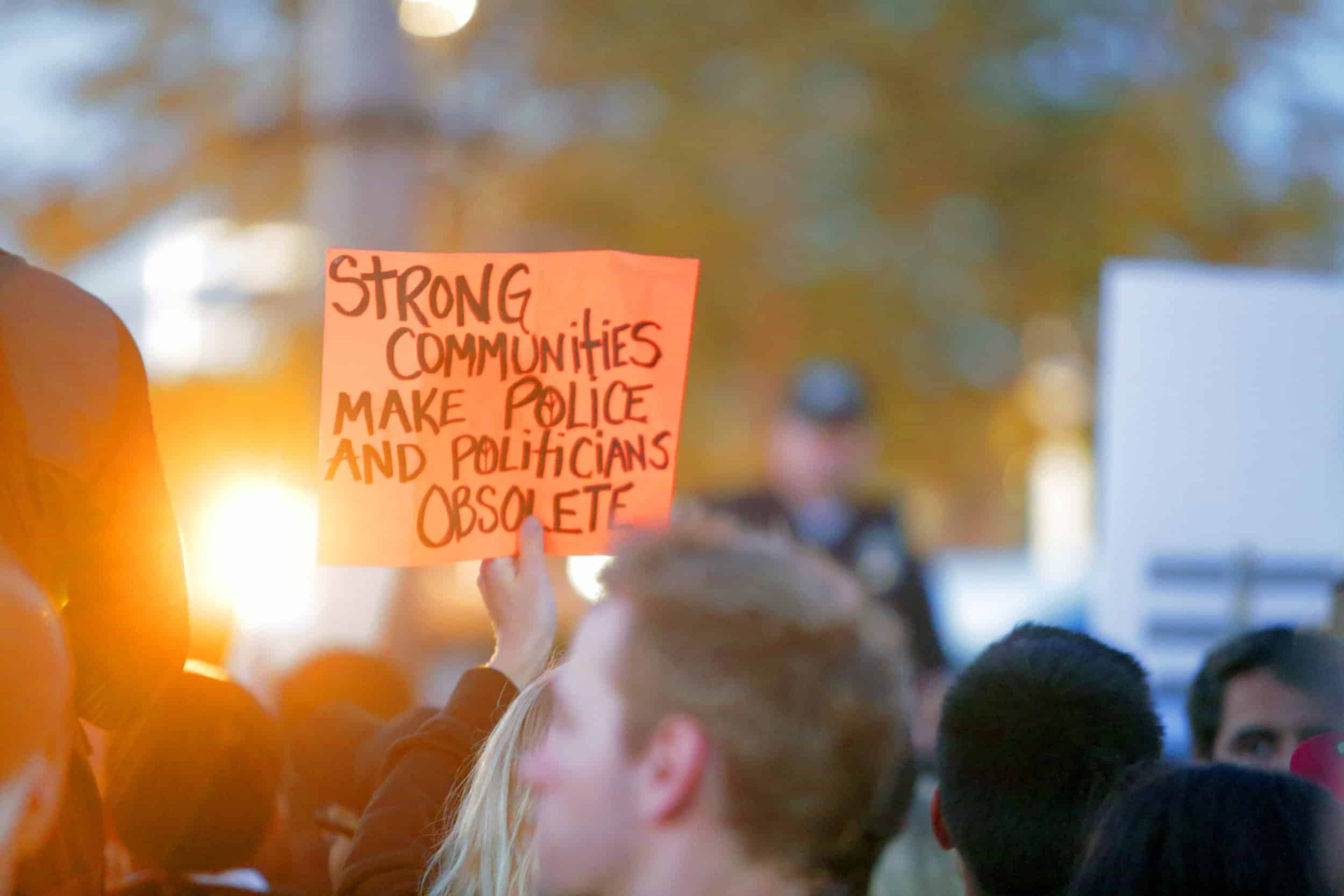
OPINION: Were the arrests in Starbucks legally ethical?
Jazmyne Boozer, Assistant Editor
The views and opinions expressed on in this article are solely those of the original author. These views and opinions do not necessarily represent those of The Vision NGU or North Greenville University.
Photo courtesy of: Unsplash.com
A Starbucks coffee shop in Philadelphia has found themselves in the middle of what many black Americans are calling “retail racism.” On Thursday, April 12, two black men, Rashon Nelson and Donte Robinson were handcuffed and arrested at Starbucks for trespassing. This writer wants to understand, since when do you get arrested for trespassing/loitering in a public restaurant?
Nelson was approached by the manager within 10 minutes of his visit when he got up to use the restroom. The manger, informed him that he could not use the restroom as he was not a paying customer. No biggie, right? When Nelson’s business partner came in a little later, they were asked by an associate if they needed help. They politely declined and informed the associate that they were merely waiting for a business meeting. Suddenly, the police were around their table. The men were arrested and taken to a nearby jail where they stayed until midnight.
First, I would like to point out how incredibly proud I am of how these men acted in the face of racial profiling. Unfortunately, we see too many young black men lose their temper in these situations and turn violent. The danger with this method is that police officers have all the power in those situations. The Philadelphia men calmly and quietly were placed in handcuffs. They did not resist arrest nor try to fight back. Although the video showed plenty of white people standing up for them and even asking the police officers what they did wrong, the men left quietly.
“When you know that you did nothing wrong, how do you really react to it?” Nelson said. “You can either be ignorant or you can show some type of sophistication and act like you have class. That was the choice we had,” Nelson stated to abc.news.
Now, there is a major difference between loitering and trespassing. The men were charged with trespassing meaning they were on the owner’s property without permission. This charge cannot and should not have been applied to this situation.
For public restaurants, unless one is being disorderly, one cannot catch a trespassing charge. To play devil’s advocate, the men could have been charged with loitering. Loitering means to linger or hang around in a public place or business where one has no particular or legal purpose.
We were all taught that is courteous to buy something if we are going to use their facilities such as a bathroom or Wifi. If the men had no intention of buying anything, then became belligerent and refused to leave, a possible loitering charged coupled with disorderly conduct could ensue.
The key word here is intention. If the men had no intention of buying anything, it could then be considered loitering. This is where the controversy plays out. The job of a police officer is to protect the public and discern ill-will. When a police officer is called to investigate a domestic violence issue, there job is to go to the house and discern if there is any threat.
If a cop is called downtown for a person who is drunk in public, their job is to go downtown and see if said man is drunk and being disorderly. This should have been applied to Nelson and Robinson’s case. Why were the men not simply asked if they intended on buying anything? Even if the answer was no, why did the police not ask them to leave if they did not intend on being paying customers?
To put it simply, the police officers were not justified in arresting these men. Most people do not get arrested for loitering in a business. In fact, most people are not even disciplined for loitering. Managers usually just deal with it. This is not to say that managers are not in their right to ask a loiterer to leave. In fact, I subscribe to the idea that wherever you go, you should at least buy something small. However, to arrest the men for not buying a product when a simple question could have avoided the entire situation; it was unwarranted.

